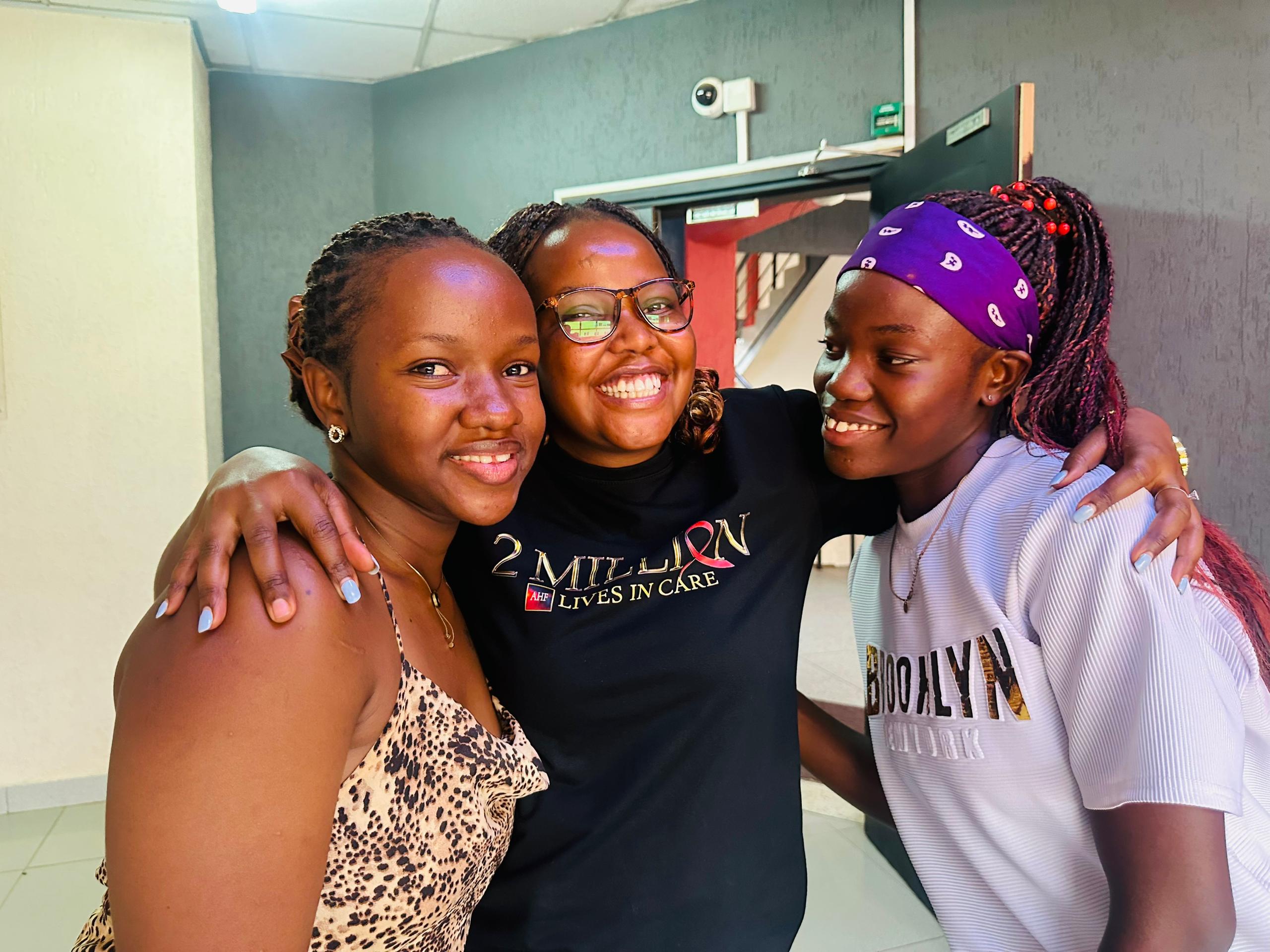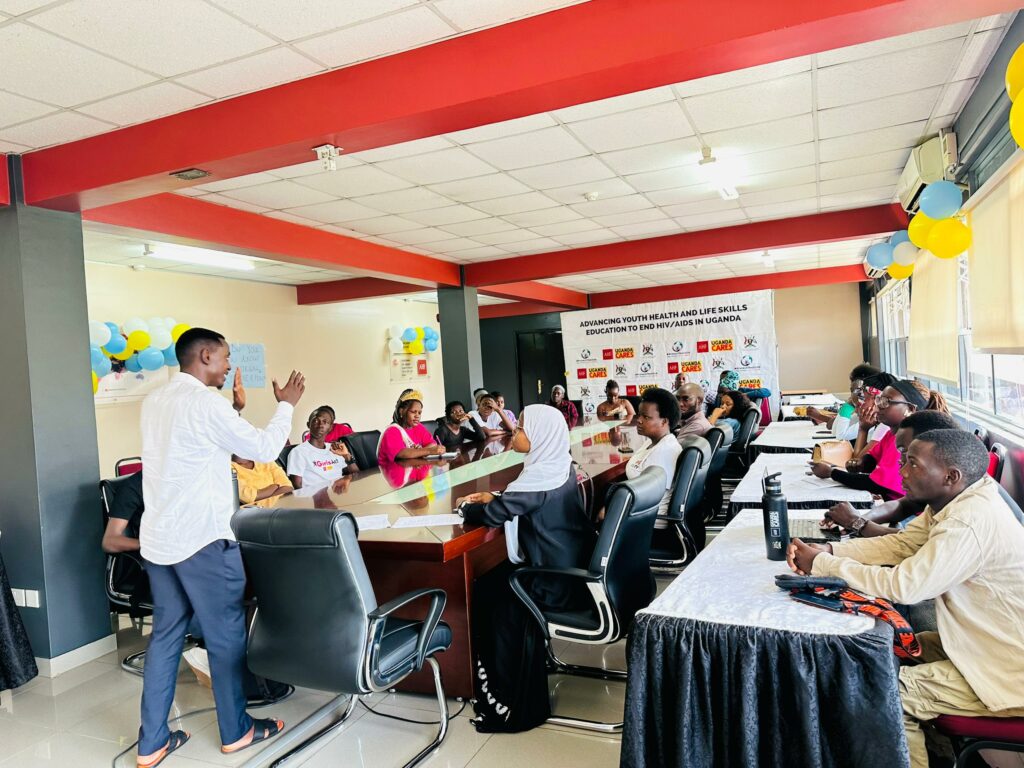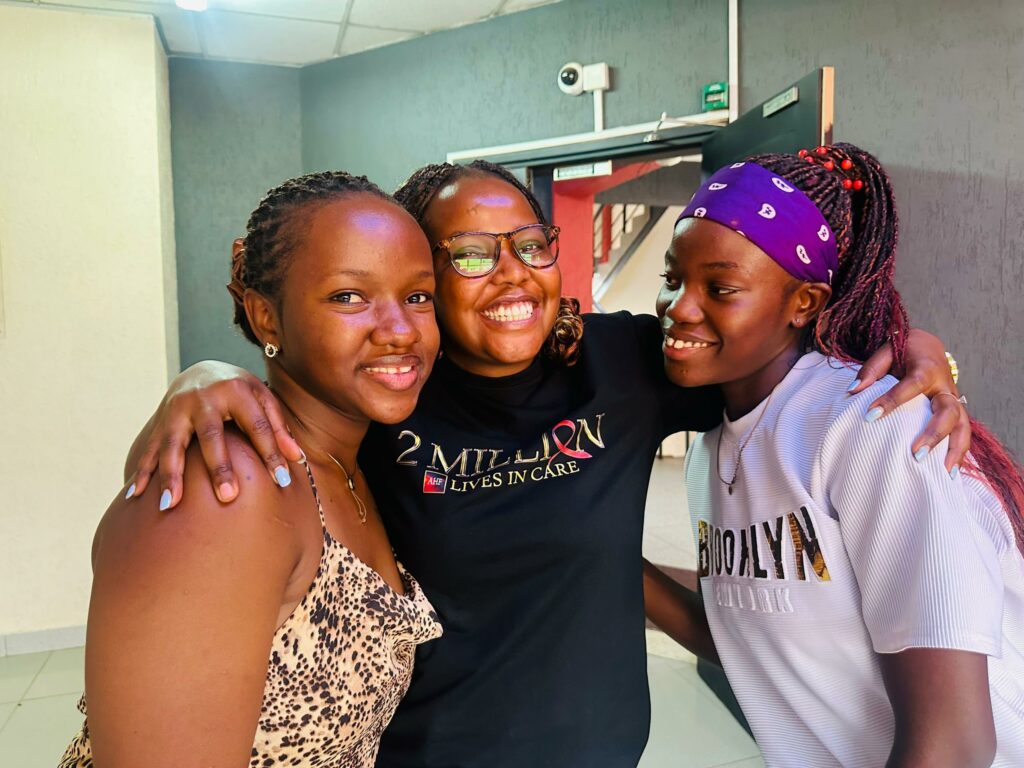
 Mama FM
Mama FM

 Mama FM
Mama FM
15 June 2025, 2:45 pm

By Byamukama Alozious
During the dialogue held by the Girls’ Act initiative under AHF-Uganda Cares, young girls and boys gathered to discuss critical issues affecting their community, including the recent rise of HIV infections among young people and teenage pregnancies.

According to Emojel Trevor, the country youth coordinator at AHF-Uganda Cares, “the HIV statistics of 2023 HIV AIDS fact sheet indicate 15,000 new infections among young people. We have also seen a rise in teenage pregnancies, with many girls on our program getting pregnant.”
The dialogue brought together different stakeholders, including district leaders, parents, and young girls, to discuss how to address the vulnerability of young girls to HIV infections and tackle the root causes of teenage pregnancy. Ssemakula Isaac, another youth leader at Uganda Cares, noted that the dialogue was a platform for young girls to share their experiences and come up with solutions to the challenges they face.
Edride Edward Nakintu, one of the beneficiaries and a youth leader, said, “We are not just discussing HIV prevention, but also digital skilling, which is a big discussion among young people. We have seen a rise in young people with smartphones, but poor usage of these devices. Our mentor educated us on how to turn our phones into businesses, use our devices to make money online, and utilise social media pages for social good.” Nakintu added that phones can also help young girls fight stigma and provide advisory services on HIV and teenage pregnancy.
Nakintu further noted that the dialogue bridged the gap for young girls who rarely meet to discuss their bodies, HIV, and life in general. She emphasised that many young girls face challenges in accessing health facilities for their sexual health and called on the government to tackle these existing challenges. “Most young people who are HIV positive fail to get the best care in the communities, which makes them vulnerable,” she said.
The dialogue gathered youths from high-risk areas prone to HIV infections, teenage pregnancy, and domestic violence, including Katanga, Kamwokya, Mulago, and Naguru areas of Kampala city suburbs.
Bridget Amutwongire, the Girls Act Ambassador and Communication In-charge at Uganda Cares, emphasised the importance of passing on safe and accurate information to young girls so that they can make informed choices about their sexual health. “We are giving safe and accurate information to young girls so that they can protect themselves from HIV infections,” he said.
The young girls made a a call to action for programmers to scale up initiatives like this to ensure that young girls have access to the information and services they need to protect themselves from HIV infections. As Bridget Amutwongire noted, “We encourage programmers to take these initiatives forward and ensure that we are ending HIV infections among young people, by passing on the right information to them.”